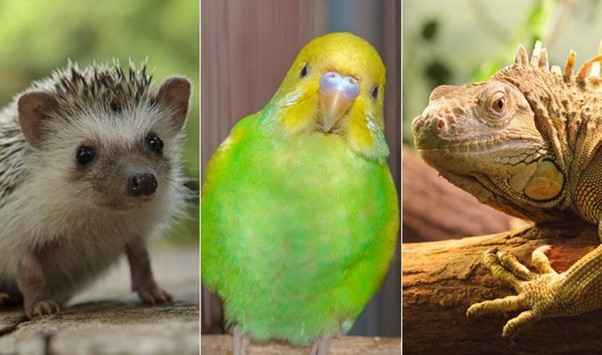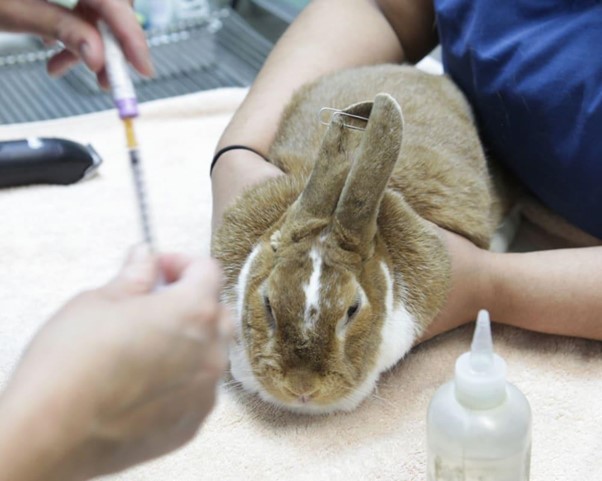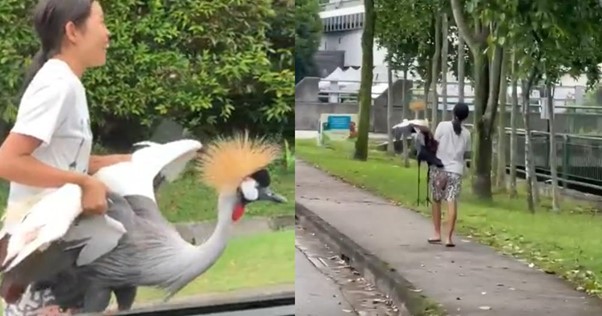
The Process of Importing Exotic Pets to Singapore: Challenges and Considerations
In Singapore, it is possible for individuals to own exotic pets such as reptiles and amphibians.
This involves the importation of these animals from other countries. For any individual looking to bring an exotic pet into Singapore, understanding the process involved is essential.
This article will provide a comprehensive overview of the process and the challenges and considerations associated with it.
Challenges and Considerations for the Process
Restricted species
The first and foremost consideration before importing any exotic pet is to check whether it belongs to any restricted species.
Certain animals such as primates, snakes, and certain species of reptiles and birds are not allowed to be brought into Singapore without proper permits.
Import permits
A pet import permit is necessary before bringing any animal to Singapore. If the pet is not on the banned list, a permit must be obtained at least 30 days before the animal’s arrival.
There are fines and possible imprisonment if you breach Singapore’s pet import regulations.
Health checks
A health certificate must be present for every pet brought into Singapore that confirms the pet is free of diseases. They should be completed no more than 7 days prior to arrival.
If the pet requires quarantine, it needs to be arranged ahead of time.
Vaccinations
All pets imported into Singapore must be up-to-date with vaccinations and documentation covering rabies and parvovirus. An animal cannot be brought into the country without a record of these vaccinations.

Quarantine
Certain animals require quarantine for a certain period of time when entering Singapore. The duration of quarantine is dependent on the category of animal brought in.
Dogs and cats typically require 10-14 days of quarantine, while birds may require up to 30 days.
Customs Clearance
To clear customs, all pets entering Singapore must go through the Animal and Veterinary Service before customs clearance. Failure to do so will result in the animal being detained and possible detention fees incurred.
Airline Regulations
Different airlines have different rules concerning the importation of pets. It’s essential to check the airline’s policy of the airline before booking the ticket to avoid delays, fines, or even having to leave the animal behind.
Shipping Arrangements
Specialized shipping arrangements may be necessary for some exotic animals, including temperature-controlled transport, specialized cages, and larger crates.
It is crucial to consult with the airline or a specialized pet shipping service provider to ensure everything runs smoothly.
Pet-friendly Accommodation
It’s essential to check whether the place you intend to live is pet-friendly. It can be heartbreaking to go through the entire process of importing an animal, only to realize you have nowhere to keep them.
Environmental Concerns
It is important to consider Singapore’s environmental policies before importing an exotic animal. Some animals may be considered invasive, and thus, if released into the wild, could be potentially harmful to the local ecosystem.

Regulations and Licensing Requirements
Any individual looking to bring an exotic pet into Singapore must ensure that the species is not prohibited or regulated by AVA. Some species may require prior approval and/or a license for importation.
Additionally, the individual must check if their country of origin requires any permits or certificates before shipment to Singapore can proceed.
Finding a Suitable Veterinary Clinic
The pet owner will need to find a suitable veterinary clinic in Singapore for the necessary medical checkup and quarantine of the animal.
This clinic must be accredited by AVA, as only these clinics can provide the necessary services required for importation.
How Long Does The Process Take?
The length of time it takes to complete the process of importing an exotic pet to Singapore varies depending on the species, and conditions of importation as set out by AVA.
Generally speaking, the process can range from a few weeks to several months.
Conclusion
Importing an exotic pet into Singapore is a complicated and lengthy process that requires planning and research.
It is important for any individual looking to bring in an exotic pet to be aware of the laws and regulations governing the importation process, as well as to find a suitable veterinary clinic that can provide the necessary services.
With all these considerations in place, it is possible for individuals to bring an exotic pet into Singapore to understand the process and consider all relevant challenges and considerations before embarking on this journey.
This article has provided an overview of the process, including regulations and licensing requirements, finding a suitable veterinary clinic, and how long the process usually takes. With careful planning and research, individuals can successfully import exotic pets into Singapore. We will recommend you to seek help from professional pet importer in Singapore to ensure smooth and safe transition.
We hope you have found this article helpful in understanding the importation process for exotic pets into Singapore.